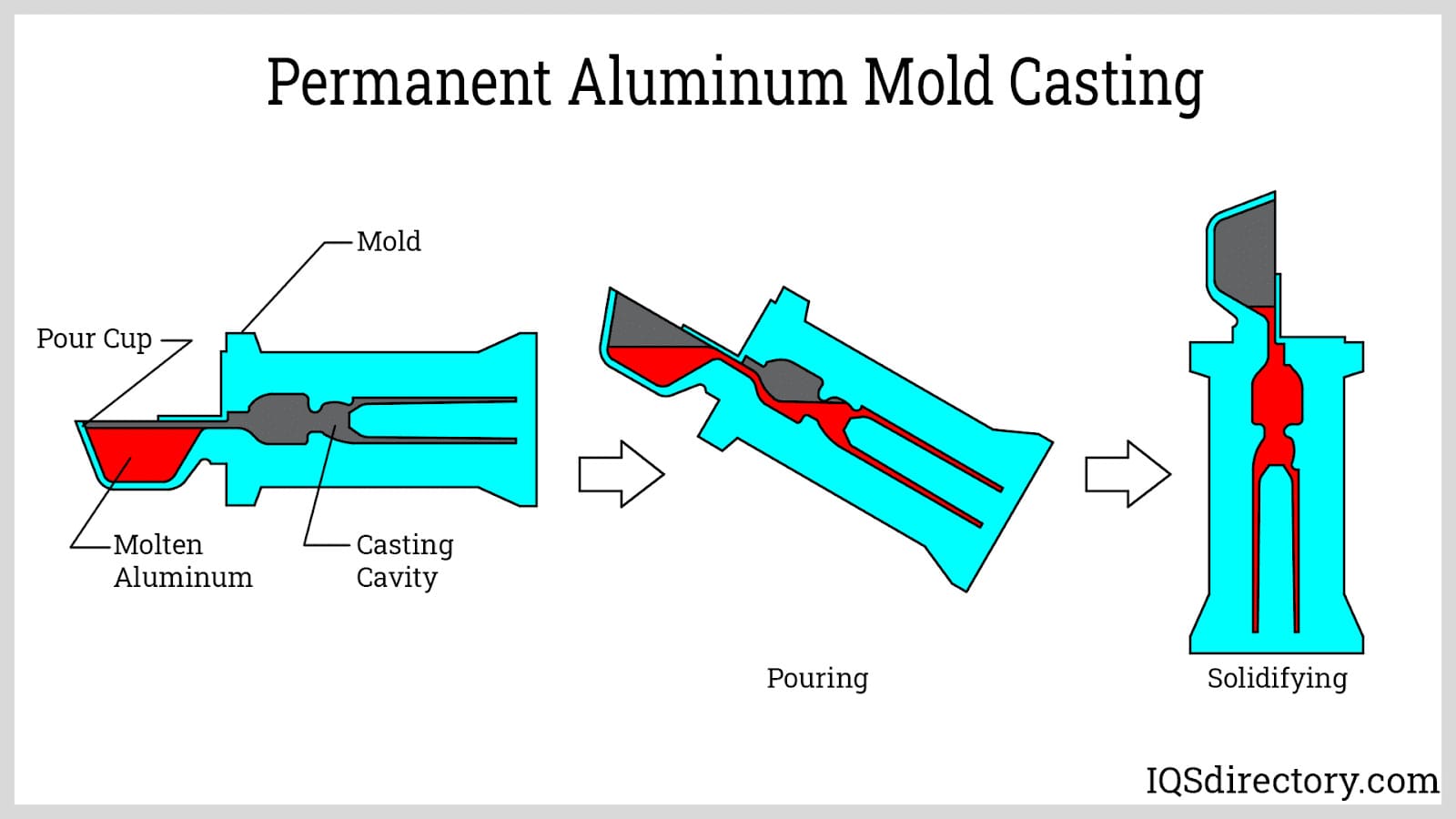Not known Facts About Stahl Specialty Company
Not known Facts About Stahl Specialty Company
Blog Article
The Ultimate Guide To Stahl Specialty Company
Table of ContentsThe Basic Principles Of Stahl Specialty Company The Stahl Specialty Company StatementsAll about Stahl Specialty CompanyNot known Details About Stahl Specialty Company The Only Guide for Stahl Specialty Company
Chemical Comparison of Cast Aluminum Alloys Silicon advertises castability by decreasing the alloy's melting temperature level and enhancing fluidity throughout casting. In addition, silicon contributes to the alloy's toughness and wear resistance, making it important in applications where toughness is crucial, such as vehicle components and engine elements.It likewise improves the machinability of the alloy, making it less complicated to process into finished products. In this way, iron adds to the general workability of aluminum alloys. Copper increases electrical conductivity, making it helpful in electric applications. It also boosts corrosion resistance and includes in the alloy's total toughness.
Manganese adds to the stamina of aluminum alloys and boosts workability. It is frequently used in wrought aluminum products like sheets, extrusions, and profiles. The visibility of manganese help in the alloy's formability and resistance to cracking throughout construction procedures. Magnesium is a light-weight element that provides stamina and effect resistance to light weight aluminum alloys.
It enables the production of lightweight elements with superb mechanical residential or commercial properties. Zinc enhances the castability of light weight aluminum alloys and aids manage the solidification procedure throughout spreading. It improves the alloy's strength and hardness. It is commonly located in applications where detailed shapes and fine information are required, such as attractive spreadings and certain automobile parts.
Not known Factual Statements About Stahl Specialty Company
Because aluminum-silicon alloys have excellent casting properties, high gas residential properties, basic processes, and outstanding deterioration resistance, aluminum-silicon alloys are most frequently used in the die-casting industry at home and abroad. At the exact same time, aluminum-silicon alloys are likewise fairly early and extensively recognized alloys developed and used in die-casting. After continual research study and renovation, the majority of the current worldwide mainstream aluminum-silicon alloys have been completed and are nothing greater than A356, A360, A380, ADC12, B390, and A413.
The main thermal conductivity, tensile strength, return strength, and elongation differ. Amongst the above alloys, A356 has the greatest thermal conductivity, and A380 and ADC12 have the cheapest.

More About Stahl Specialty Company
In precision spreading, 6063 is well-suited for applications where intricate geometries and high-quality surface area coatings are critical. Examples consist of telecommunication units, where the alloy's exceptional formability permits sleek and visually pleasing layouts while maintaining structural stability. Similarly, in the Lights Solutions market, precision-cast 6063 parts produce elegant and effective illumination components that require complex forms and great thermal performance.
(https://www.40billion.com/profile/501088413)
It leads to a better surface area finish and much better rust resistance in A360. The A360 exhibits exceptional elongation, making it perfect for complex and thin-walled parts. In accuracy spreading applications, A360 is fit for industries such as Consumer Electronics, Telecommunication, and Power Tools. Aluminum Casting. Its enhanced fluidity permits for detailed, high-precision parts like mobile phone cases and interaction tool real estates.

In accuracy casting, light weight aluminum 413 shines in the Consumer Electronic Devices and Power Tools markets. This alloy's superior rust resistance makes it a superb choice for outside applications, ensuring resilient, durable products in the pointed out sectors.
A Biased View of Stahl Specialty Company
The light weight aluminum alloy you pick will substantially influence both the spreading process and the buildings of the last item. Since of this, you should make your decision carefully and take an enlightened strategy.
Figuring out the most suitable light weight aluminum alloy for your application will certainly imply weighing a vast variety of attributes. These comparative alloy characteristics adhere to the North American Die Casting Organization's guidelines, and we have actually separated them into 2 groups. Foundry near me. The first group addresses alloy qualities that affect the production process. The 2nd covers attributes affecting the properties of the last product.
The sites alloy you select for die spreading directly influences several elements of the spreading process, like just how easy the alloy is to collaborate with and if it is prone to casting issues. Hot cracking, also referred to as solidification cracking, is a normal die casting defect for light weight aluminum alloys that can cause internal or surface-level rips or cracks.
See This Report about Stahl Specialty Company
Particular aluminum alloys are more vulnerable to hot cracking than others, and your choice ought to consider this. Another common defect discovered in the die spreading of aluminum is die soldering, which is when the cast adheres to the die wall surfaces and makes ejection hard. It can harm both the actors and the die, so you need to look for alloys with high anti-soldering homes.
Corrosion resistance, which is currently a remarkable quality of aluminum, can vary substantially from alloy to alloy and is a crucial particular to take into consideration depending upon the environmental conditions your item will be exposed to. Put on resistance is an additional property commonly looked for in light weight aluminum products and can separate some alloys.
Report this page